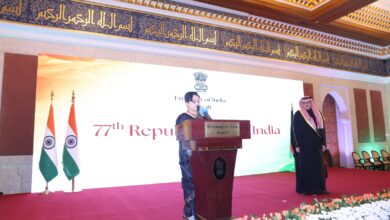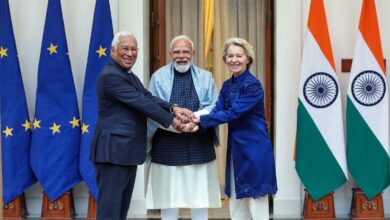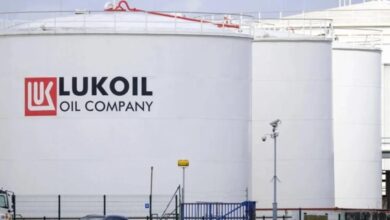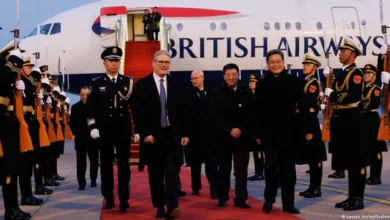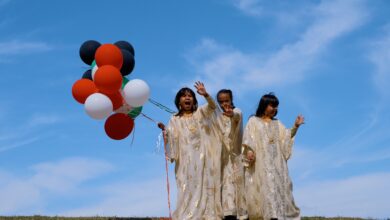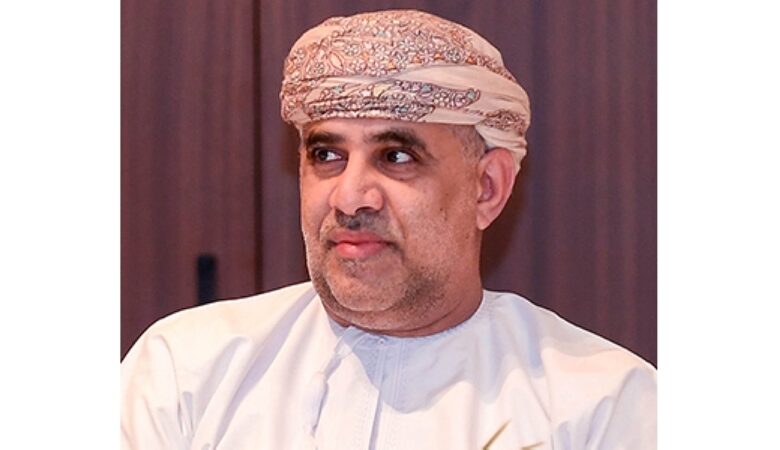
In a notable move to strengthen economic ties within the Gulf region, Omani Minister of Housing and Urban Planning, Dr. Khalfan Al-Shuaili, extended an invitation to Kuwaiti citizens and investors to visit Muscat and explore real estate investment opportunities in five key urban development projects where freehold ownership is permitted.
Speaking during a meeting held Thursday with Kuwaiti business leaders on the sidelines of the GCC Housing and Urban Planning Ministerial Meetings in Kuwait, Dr. Al-Shuaili highlighted Oman’s efforts to create a modern urban landscape that reflects both development and heritage, noting that more than 90% of Omanis own their homes, reports Al-Rai daily.
Dr. Al-Shuaili said the five significant urban projects available for investment are Sultan Haitham City. Al Khuwair City. Al Jabal Al Akhdar, Salalah and Sohar.
“These projects,” he stated, “are open to freehold ownership for Gulf citizens under unified GCC agreements, offering equal treatment to Omanis.”
Dr. Al-Shuaili emphasized that these urban projects are developed by both Omani and international companies, and are designed to respect Omani heritage and environmental standards.
He highlighted flexibility in investment contracts, allowing either the state or the developer to handle infrastructure works. The investment duration for these projects ranges from 15 to 17 years.
On the topic of ownership restrictions, he clarified that Oman’s 2018 property ownership ban applies only to border areas and islands, a regulation still observed in most Gulf countries.
He expressed optimism about strong interest from Gulf nationals, especially in scenic areas like Jabal Al Akhdar, due to their natural beauty and tourism potential.
Dr. Saleh Al Kharousi, Oman’s Ambassador to Kuwait, stressed that the purpose of this meeting was to present construction and housing investment opportunities and to bolster Kuwaiti-Omani economic relations, aligning with the directives of both nations’ leaderships.
Meanwhile, Eng. Ibrahim Al-Waili, Executive Director of Urban Strategy at the Omani Ministry, described the five projects as qualitative developments with diverse aspects, including tourism, healthcare, and education. He affirmed that the meeting aimed to forge strategic partnerships with Kuwaiti investors and increase bilateral investment flows.
Al-Waili reaffirmed Oman’s open-door policy for international investors, while particularly highlighting the streamlined procedures available for Kuwaitis, noting the strong economic potential of these real estate ventures.
The meeting was part of the broader Gulf Housing Week, hosted by Kuwait’s Public Authority for Housing Welfare from May 18 to 22, under the theme: “Real Estate Development for Sustainable Housing.”


















